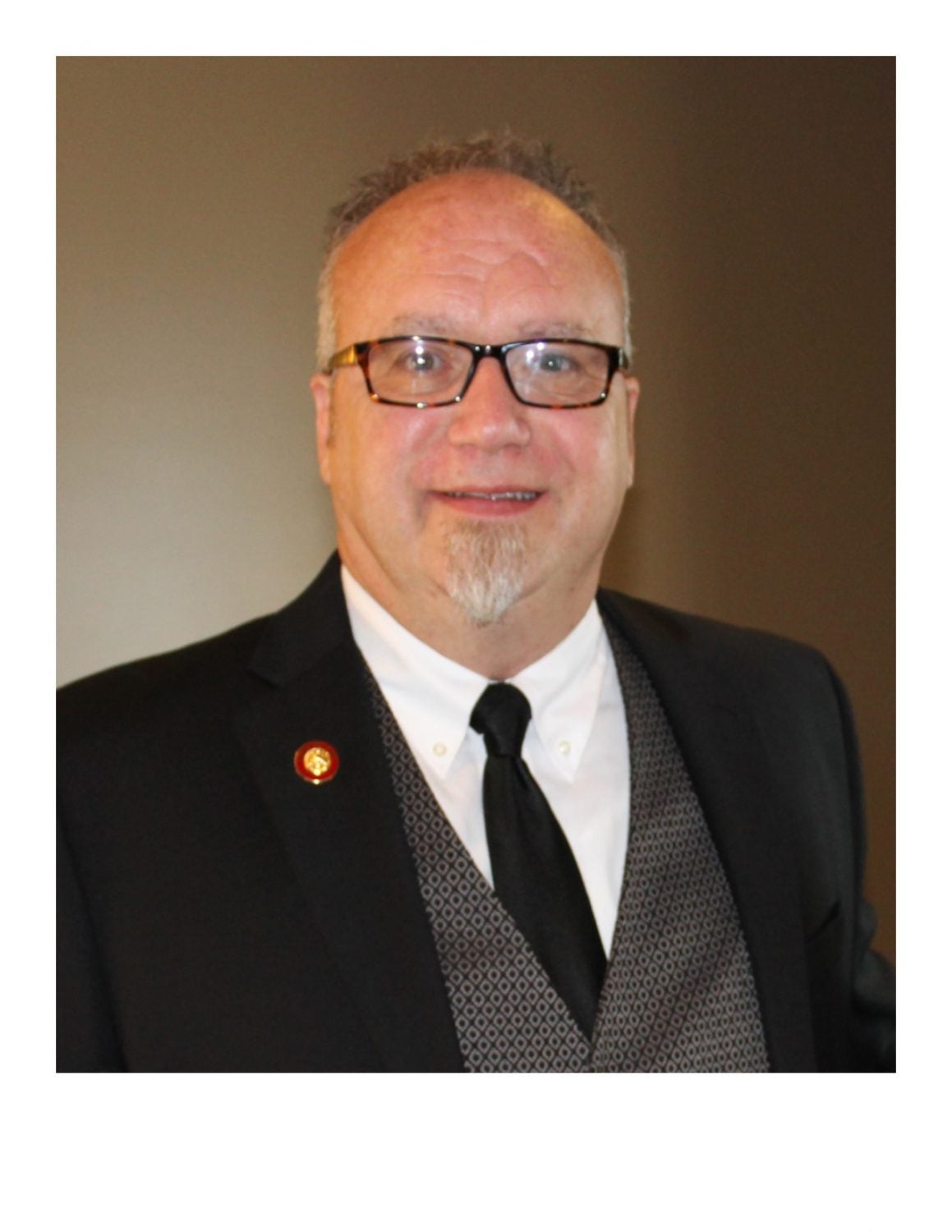OUR VIEW: Resolve to be a responsible news gatherer
Published 11:05 am Thursday, January 9, 2020
|
Getting your Trinity Audio player ready...
|
2019 was the year of the meme. A meme is a humorous image, video or text that is copied (often with slight variations) and spread rapidly by Internet users. If you’ve been on Facebook at all the past couple months you probably saw that image of the blonde woman screaming and pointing at a white cat — that is a meme, and probably the most popular one from the last year.
In the age of memes, we’ve found our favorite to start the new year. The simple image contains a white background and plain black. It reads: “In 2020, we’re going to read the article before we share it.” We truly hope that’s a habit more people will adopt in the coming year, along with some other more responsible news gathering and sharing habits.
We’ve all probably been guilty of it at one time or another. We read the headline, even the first couple paragraphs of an article and decide it’s something worth sharing. Later, we realize it’s not an accurate or reliable article, maybe it’s based on fact but is misleading or perhaps it’s an old article from several years ago.
If we haven’t done it ourselves, we’ve surely seen our friends on social media do it a time or two.
It can be frustrating, especially if the article spreads some false narrative that is divisive in nature. We need less of that in our country, so it can be disheartening to see our friends fall prey to the trolls on the Internet who want to spread lies and “fake news.”
We hope for a lot of things in the new year — peace, prosperity and happiness for our readers are among them. If we could add anything to that list, it would be that we hope our readers and our neighbors will become more responsible news consumers.
Here are some tips on how to be a more conscious about what you share and how to decipher if what you are reading is reputable.
— Read past the headline. While a headline can tell you a lot about what you are about to read, they are designed to catch your attention. Headlines are written to be concise, offer the most pertinent information and make you want to read on. That last part is the most important part. Always read on. Don’t base your beliefs or opinions on what you read in a headline. And you should never share news that you haven’t taken the time to read yourself. By failing to read the article in its entirety, you could be missing out on key information. Most importantly, you don’t know if what you are reading is true or something worth disseminating to your friends list.
— Consider the source: Are you familiar with the source? Is it legitimate? Has it been reliable in the past?
— Ask yourself, “Is this some kind of joke?” There is such a thing as satire. It could be funny, but it’s not news.
— Fact-check. While reading the article, use critical thinking skills. Ask yourself, “Does this seem likely?” If not, do some checking. Look for other news sources covering the same story. Do they report the same thing? If it seems too good or too bad to be true, it may not be. Snopes.com and politifact.com are both great resources.
— Seek the same news from various sources. One great way to get the most comprehensive news is to get it from multiple sources. Don’t rely on a single outlet to provide you with everything you need to know. Pick a handful of sources that have proven to be reliable and reputable to visit regularly, but don’t be afraid to branch out and seek news from other sources as well. You might be surprised at how much more you learn and how easy it will become to determine if news is reliable or not.
— Check the date. If it’s old news, no need to share it again unless you do so with a disclaimer that it is an old article.
— Do all of the above before you share.
The digital world — social media platforms and the Internet — has become a blessing and a curse. We have the chance to communicate and connect on a level most other generations could have only dreamed of. With that ability comes a certain responsibility, though.
Users need to make sure the information they are absorbing and then disseminating is accurate.
Be mindful in the new year. Resolve to be a more responsible news consumer and sharer.
Editorials represent the opinion of the newspaper’s editorial board. The board is comprised of publisher Michael Caldwell and Bluegrass Newsmedia editors Whitney Leggett and Ben Kleppinger. To inquire about a meeting with the board, contact Caldwell at 759-0095.




